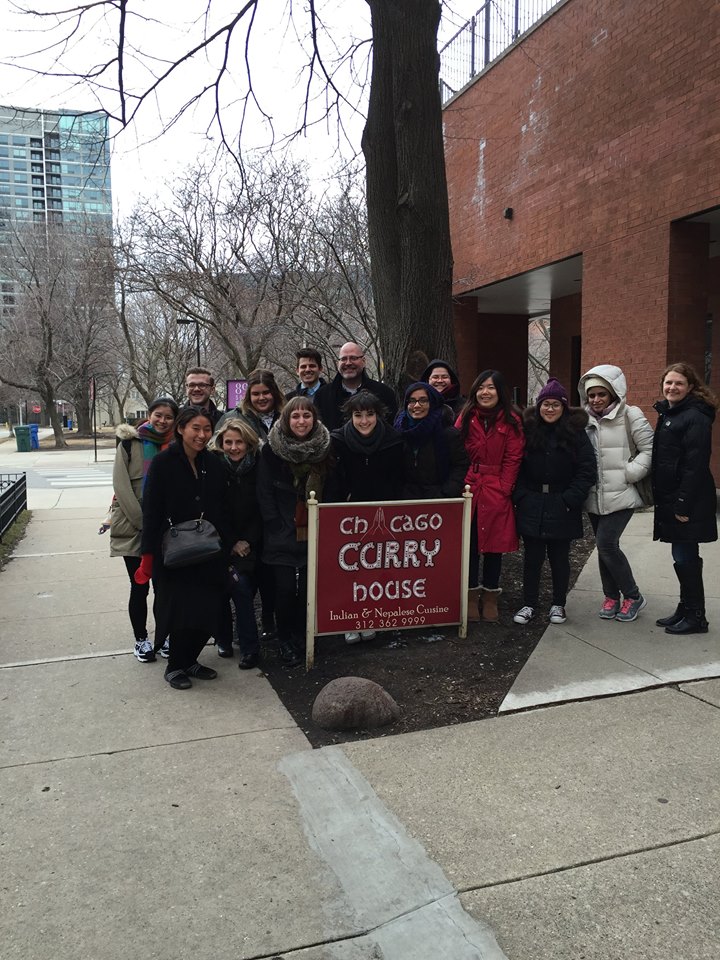On an excursion to Curry House with the CMWR the other day, one of the attendees asked me a question: “Why do people say that Americans are directive?”
We then proceeded to have a fairly spirited conversation about what it meant to be directive. We discussed examples (“Would an American tell someone if they were overweight?”) and talked about what people would do in China in similar situations.
I realized that this is fairly common in my role as a member of the CMWR. I’m often asked to explain idiosyncrasies of American culture: Why do we eat turkey at Thanksgiving? How do you play baseball? Why are there ghosts and goblins on Halloween?
A big part of my job is that I’m a cultural informant. I have to explain to people from other cultures why we do things the way we do. In a sense, that makes me a gatekeeper. What I share and how I explain it is key to CMWR participants’ understanding of the American perspective.
The hard part is that I often don’t know exactly what the right answer is. Why do we eat turkey at Thanksgiving? I don’t know. But I’ve come to realize that my answers have a particular power. I get to reinforce, dispel, or replace perspectives. Every time I have a conversation partner appointment, I am possibly becoming a part of someone’s overall understanding of my culture.
However, it is a two-way street. My conversation partners and the attendees of CMWR events, too, are acting as cultural informants to me about their own cultures. What do you eat for breakfast in your country? I might ask them. What do you watch on television? What is your favorite holiday? They, too, get to reinforce, dispel, and replace my perspectives.



